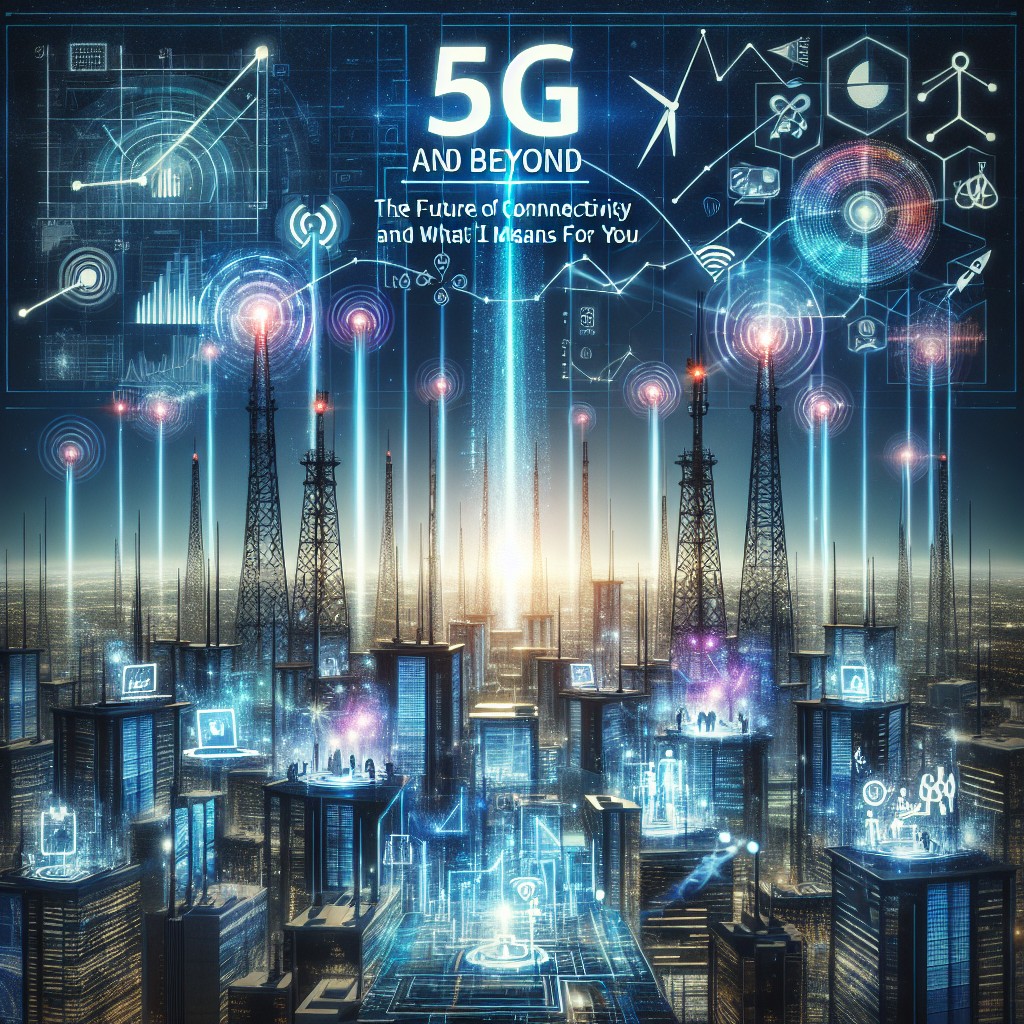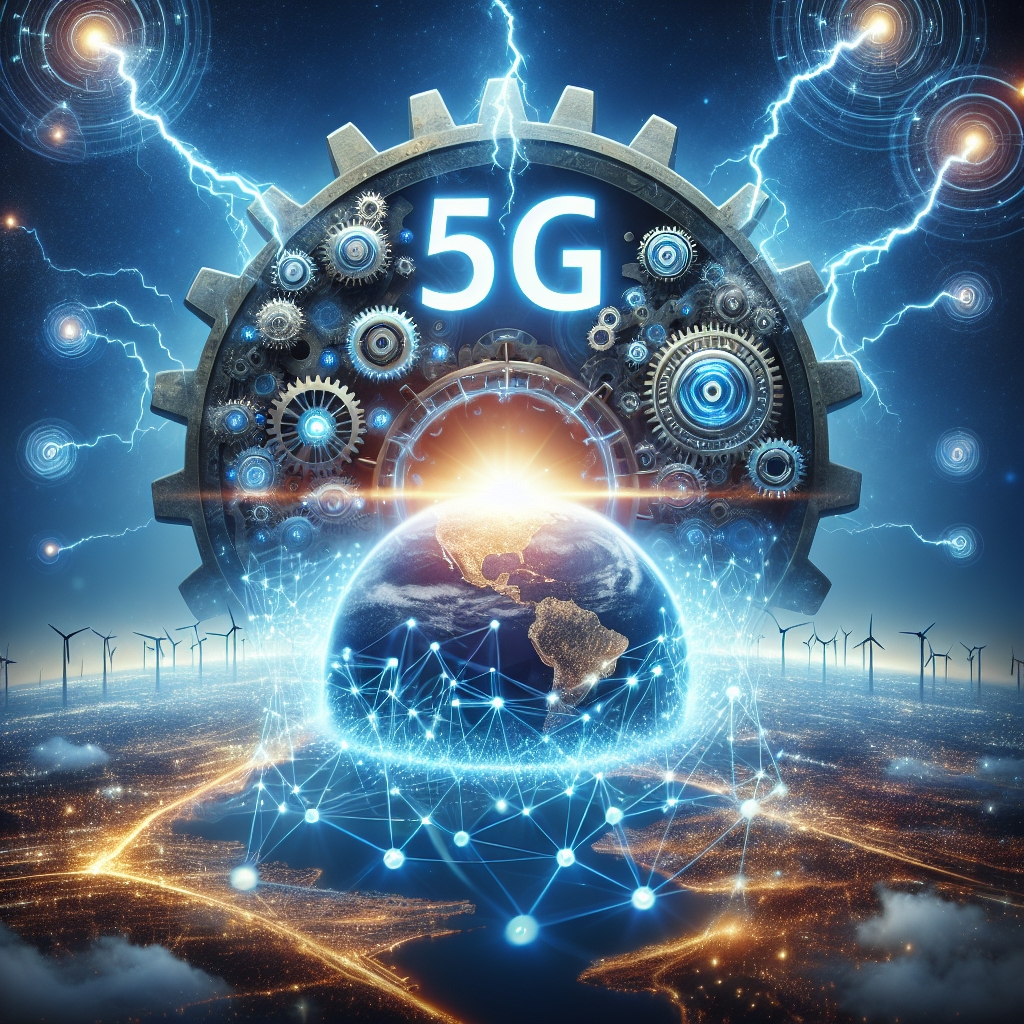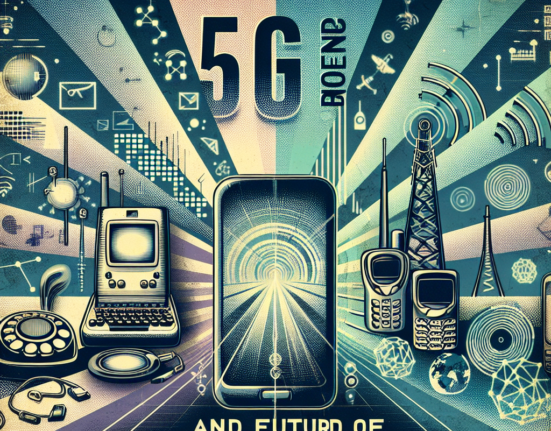5G Rollout: What to Expect and How It Will Change Connectivity
In an era where connectivity is king, the rollout of 5G technology marks a watershed moment in the evolution of digital communications. The fifth generation of wireless technology promises to revolutionize everything from mobile internet speed to the infrastructure of smart cities. But what exactly can we expect from 5G, and how will it reshape our world?
Blazing Fast Speeds and Reduced Latency
The most touted benefit of 5G is its unprecedented speed. Whereas 4G networks offer average download speeds of around 20 Mbps, 5G is expected to deliver speeds up to 10 Gbps. This is a game-changer for industries that rely on real-time data, such as autonomous driving, telemedicine, and augmented reality (AR).
Moreover, 5G significantly reduces latency—the time it takes for data to travel from source to destination. While 4G latency is approximately 50 milliseconds, 5G aims to cut it down to 1 millisecond. This near-instantaneous communication will allow for unprecedented levels of interactivity, enabling technologies that require immediate feedback, such as remote surgery and tactile internet.
Transforming Industries and Consumer Experiences
-
Healthcare:
Telemedicine will evolve from virtual doctor consultations via video calls to real-time remote surgeries and diagnostics. 5G will enable seamless high-definition video streaming, ensuring that healthcare professionals can operate or diagnose without any lag or interruptions. Wearable devices will continually monitor patients, providing continuous updates to medical professionals. -
Automotive:
The development and deployment of autonomous vehicles hinge on the reliable, high-speed communication capabilities of 5G. Real-time data exchange between cars, infrastructure, and central traffic systems will reduce traffic congestion and accidents, making our roads safer and more efficient. Over-the-air updates will keep vehicles up-to-date without disruptive visits to the service center. -
Entertainment and Media:
VR (Virtual Reality) and AR (Augmented Reality) experiences will finally realize their potential with 5G. Imagine a live concert where you can choose any viewpoint or a museum visit where you can interact with historical artifacts through your smartphone. High-quality, buffer-free 4K and 8K streaming will become the norm, bringing richer content to consumers faster than ever before. - Manufacturing and Logistics:
5G will usher in a new era of smart factories powered by IoT (Internet of Things) devices. Real-time monitoring and automation will streamline manufacturing processes, reducing downtime and increasing efficiency. Meanwhile, logistics will benefit from real-time tracking of goods, from factory floors to retail shelves, optimizing supply chains.
Empowering Smart Cities
5G’s capabilities will be the backbone of smart city initiatives. Advanced sensor networks will monitor everything from air quality to energy usage, providing city officials with data-driven insights to enhance urban living. Intelligent traffic management systems will reduce congestion and improve public transport efficiency, while smart grids will optimize energy consumption and integrate renewable energy sources more effectively.
Security and Privacy Concerns
Despite its myriad of benefits, the rollout of 5G also brings security concerns. The increased number of connected devices in a 5G ecosystem will create more entry points for potential cyberattacks. Therefore, robust cybersecurity measures will be essential to safeguard this expansive network. Regulatory frameworks will need to evolve to address privacy issues, ensuring that user data is protected in this highly interconnected world.
Global Rollout and Accessibility
The deployment of 5G is already underway in many parts of the world, with countries like South Korea, the United States, and China leading the charge. However, the global rollout will be uneven due to varying levels of infrastructure investment and regulatory challenges. Rural and underserved areas could face delays in accessing 5G services, potentially widening the digital divide unless concerted efforts are made to include these regions.
Conclusion
The rollout of 5G technology represents a quantum leap in connectivity, promising transformative benefits across multiple sectors. From faster speeds and lower latency to the enabling of futuristic technologies, 5G is poised to change the way we live, work, and interact. However, realizing its full potential will require overcoming significant challenges, from cybersecurity risks to ensuring equitable access. As we stand on the brink of this technological revolution, one thing is certain: 5G is set to redefine our connected world.














Leave feedback about this
You must be logged in to post a comment.